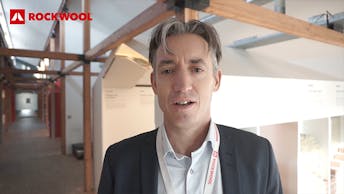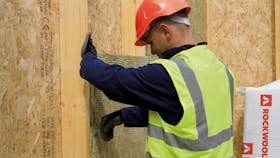As temperatures rise and extreme weather patterns become more rampant, prevention of climate change has never been more crucial.
This is where the 24th Conference of the Parties (COP24) of the United Nations Framework Convention on Climate Change (UNFCCC) comes in!
Recently taking place in Katowice, Poland, discussions on a wide range of issues took place for two weeks. However, one thing was clear: we all need to urgently and rapidly expand our efforts in order to meet the global climate goals agreed at COP21 in Paris. These goals involve maintaining this century’s average temperatures below 2 degrees Celsius, while pursuing efforts to limit the temperature increase even further to 1.5 degrees Celsius.
And it’s true. Did you know that 28 percent of global carbon dioxide emissions come from energy use in buildings? On the flipside, retrofitting existing buildings in Europe with energy saving insulation could save 660 million tons of carbon dioxide, which is twice as much as France emits in a year (1).






